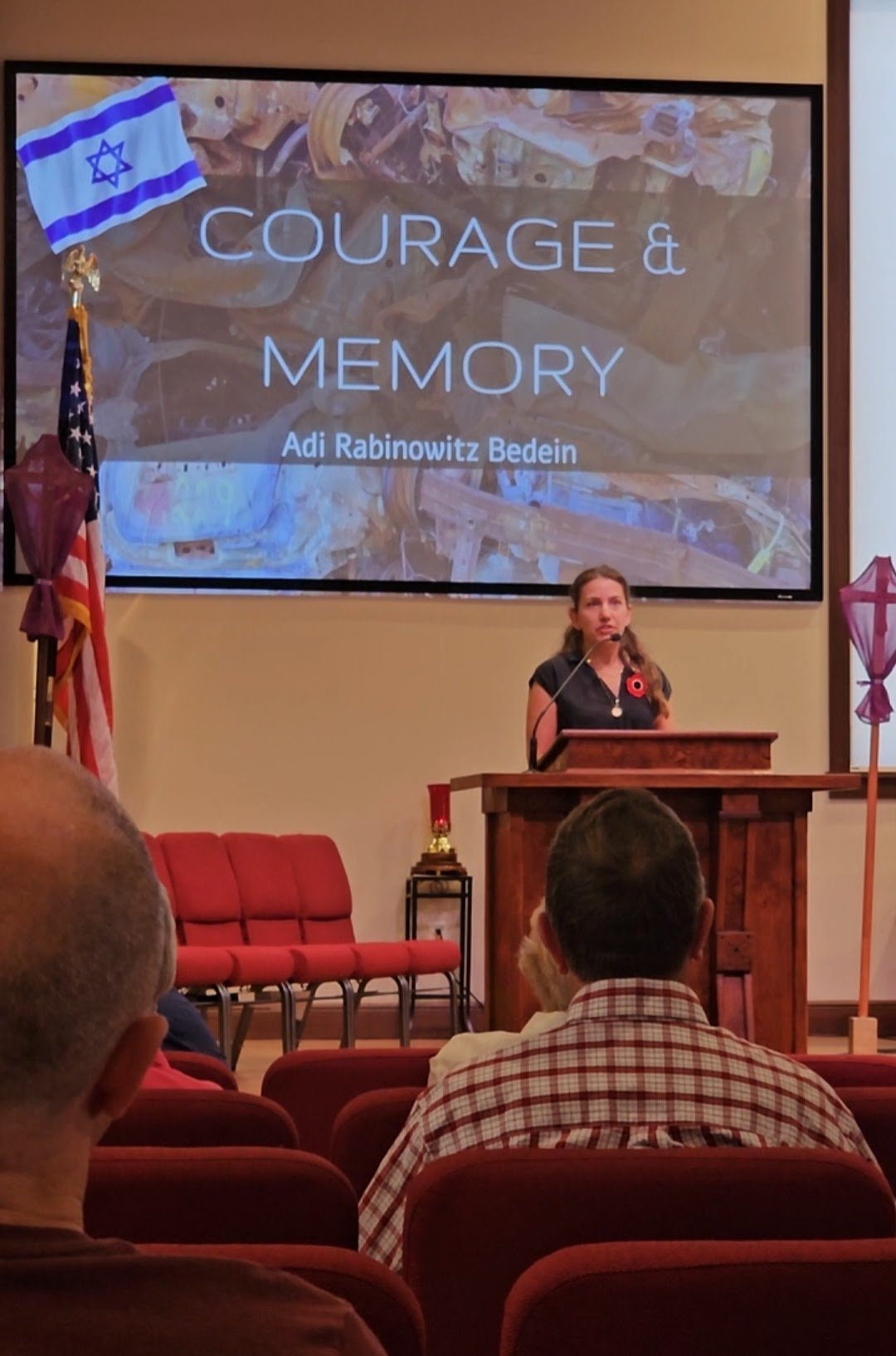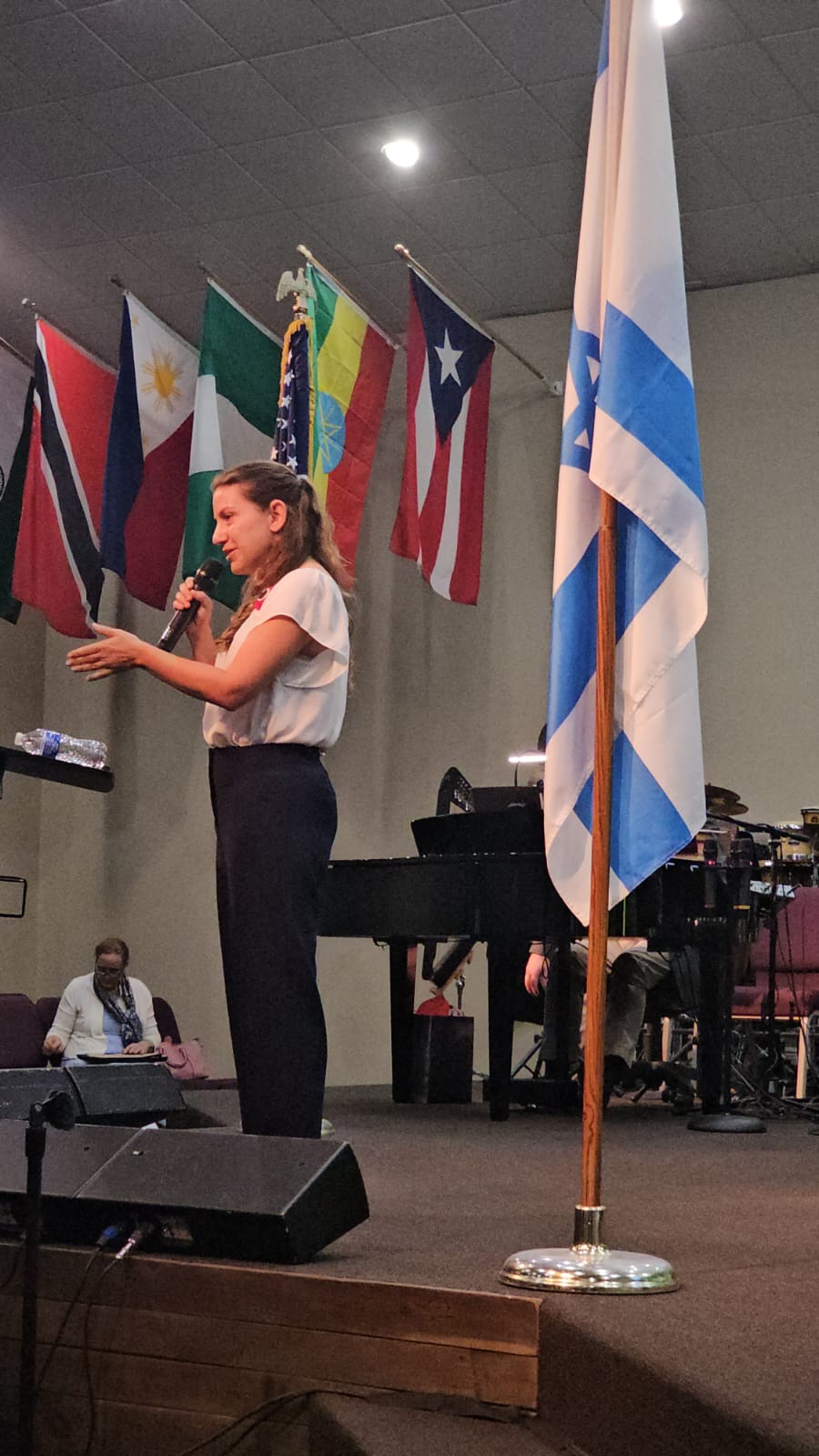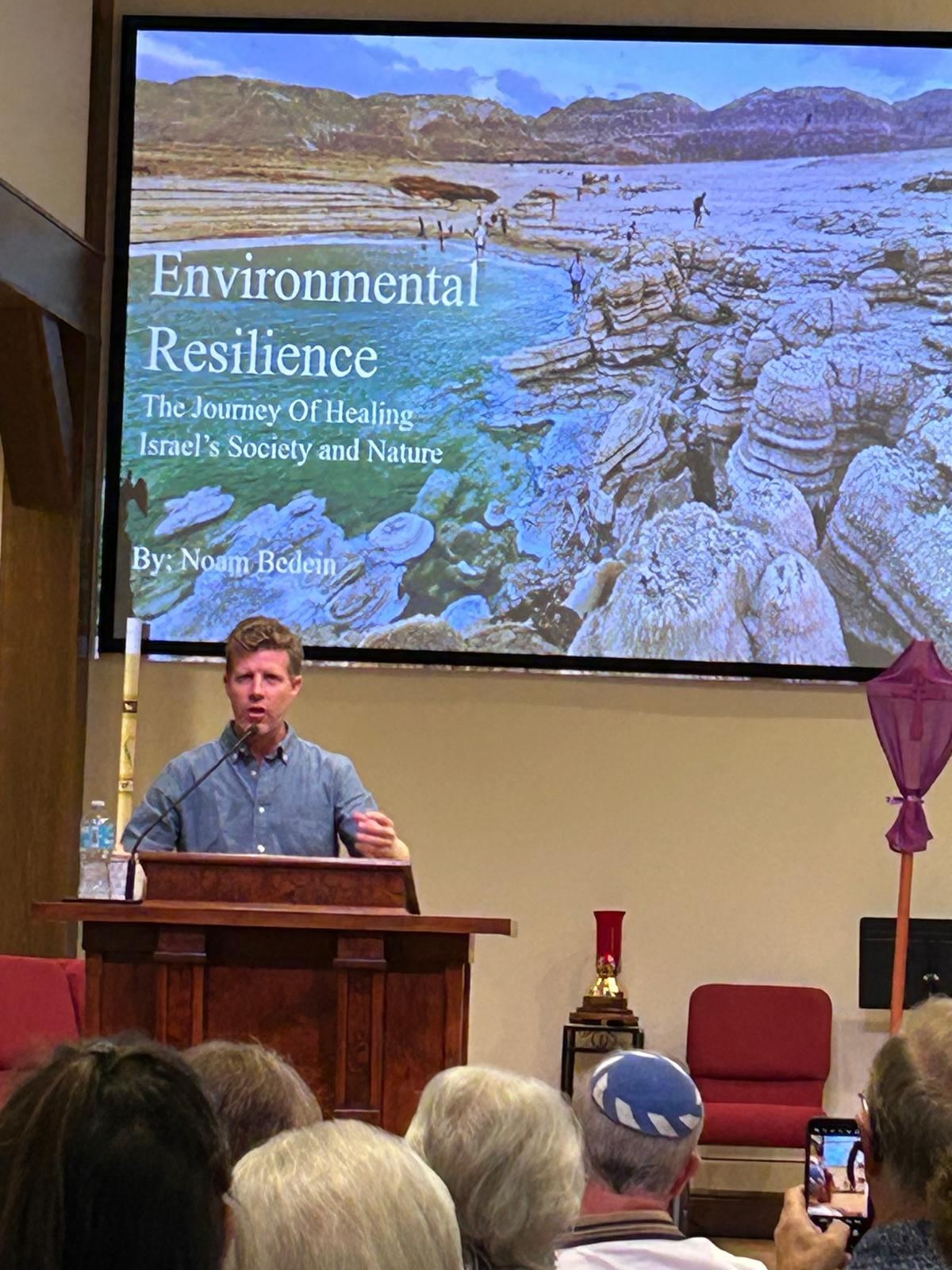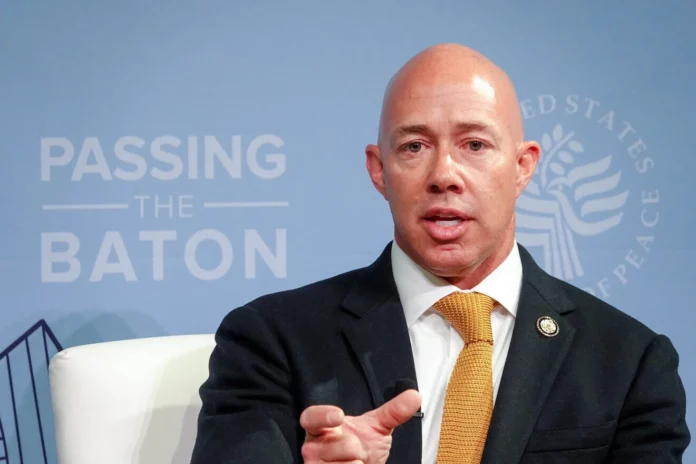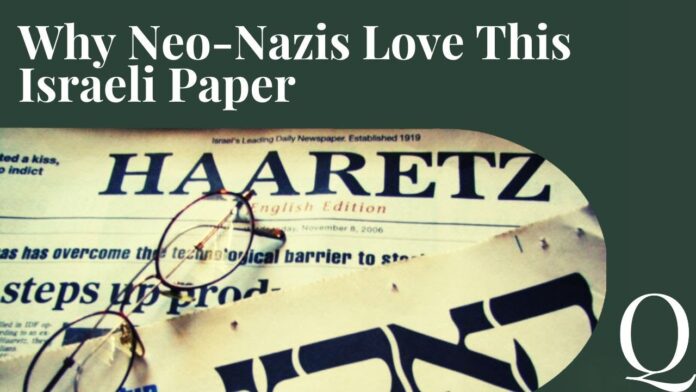Date: Tue, Apr 8, 2025
This ‘con’ference took place from 9am until 5pm.
Around 300 Jews4Jihad attended in person and at least 800 were online.
You will see from the sponsors that these groups and individuals are heavily funded, organized and not just operating In Jews4Jihad groups but Hillels and other ‘mainstream’ secular Jewish groups as well.
#####
There was one Islamonazi who spoke too.
Yousef Munayyer.
“Yousef Munayyer is the Executive Director of the U.S. Campaign for Palestinian Rights (USCPR), formerly the U.S. Campaign to End the Occupation (ETO).
Munayyer was the Executive Director of the Jerusalem Fund and Palestine Center (2009-2014) and worked as a Policy Analyst for the American-Arab Anti-Discrimination Committee (ADC).”
https://canarymission.org/individual/Yousef_Munayyer
#####
Omer Bartov is a ‘professor of Holocaust and Genocide Studies’ at Brown U.
Not surprisingly his Judische Selbsthasse and pathological hatred of Judaism and Israel is even more vitriolic than Munayyer’s.You can watch and listen to them both for yourselves.
“As A Former IDF Soldier And Historian Of Genocide I Was Deeply Disturbed By My Recent Visit To Israel”
August 13, 2024
Excerpts:
“…By the time I travelled to Israel, I had become convinced that at least since the attack by the IDF on Rafah on 6 May 2024, it was no longer possible to deny that Israel was engaged in systematic war crimes, crimes against humanity and genocidal actions…”
What effect would such a constitution have had on the nature of the state? How would it have tempered the transformation of Zionism from an ideology that sought to liberate the Jews from the degradation of exile and discrimination and to put them on equal standing with the other nations of the world, to a state ideology of ethnonationalism, oppression of others, expansionism and apartheid ?
During the few hopeful years of the Oslo peace process, people in Israel began speaking of making it into a “state of all its citizens”, Jews and Palestinians alike. The assassination of prime minister Rabin in 1995 put an end to that dream. Will it ever be possible for Israel to discard the violent, exclusionary, militant and increasingly racist aspects of its vision as it is embraced there now by so many of its Jewish citizens? Will it ever be able to reimagine itself as its founders had so eloquently envisioned it – as a nation based on freedom, justice and peace?…”
https://www.theguardian.com/world/article/2024/aug/13/israel-gaza-historian-omer-bartov
########
Beyond Words indeed…
Beyond Words
Rabbi Meir Kahane
1960-1990
Volume 5
I LOVE ARABS
April 25, 1986
“l love Arabs because they are so normal and honest, even as I become more and more convinced that the Jews need a national couch. And because I respect the Arab, unlike the pathetic Jewish liberals, I understand that we cannot buy their logic and national pride with syrupy words, with indoor toilets and with “better living conditions.” Because I respect Arabs I know that not by bread alone does the Arab live. Nor even by cake. And because, unlike the Mad Hatter Jewish liberals, leftists, Moderdox, ad infinitum, I respect the Arabs – I know that they must go. And with G-d’s help, they will, and we will save Jews from both honest Arabs and from their own dishonest selves…”
Rabbi Meir Kahane
#########
As Rabbi Kahane H’YD correctly observed:
“There is no greater anti-Semite than the Jewish one and no one hates the Jewish people more than the traitor and apostate”
#########
2025 The Conference On The Jewish Left
About The Conference On The American Left
“Founded in 2024, Boston University’s annual “Conference on the Jewish Left” gathers together scholars, students, and global partners of the Jewish left. At a time when foundational principles of justice and democracy are under attack, the conference provides an educational space to bridge the academic-community divide, and to explore the Jewish left’s values, institutions, and impact. The conference aims to tackle pressing public questions and to empower the next generation of leaders to make a real-world difference in the critical challenges facing humanity and the earth today.”
More videos,pics, speakers bios and sponsors information.
2025 Conference on the Jewish Left Videos
SUPPORT CURA
Rewatch your favorite moments
Simone Zimmerman “Nakba Denial and the Future of American Judaism” with discussion by Shaul Magid
Molly Crabapple “Here Where We Live is Our Country, the Story of the Jewish Labor Bund” with discussion by Hasia Diner
Adam Seligman “Personal Reflections on the Israeli Jewish Left” with discussion by Anat Biletzki
“Organizing the Jewish Left,” a conversation with Audrey Sasson (JFREJ), Joanna Ware (Jewish Liberation Fund), and Rabbi Becky Silverstein
Yousef Munayyer “Palestine in the Time of Monsters” with discussion by Sarah Anne Minkin
Omer Bartov on “Israel’s War in Gaza and the Question of Genocide”










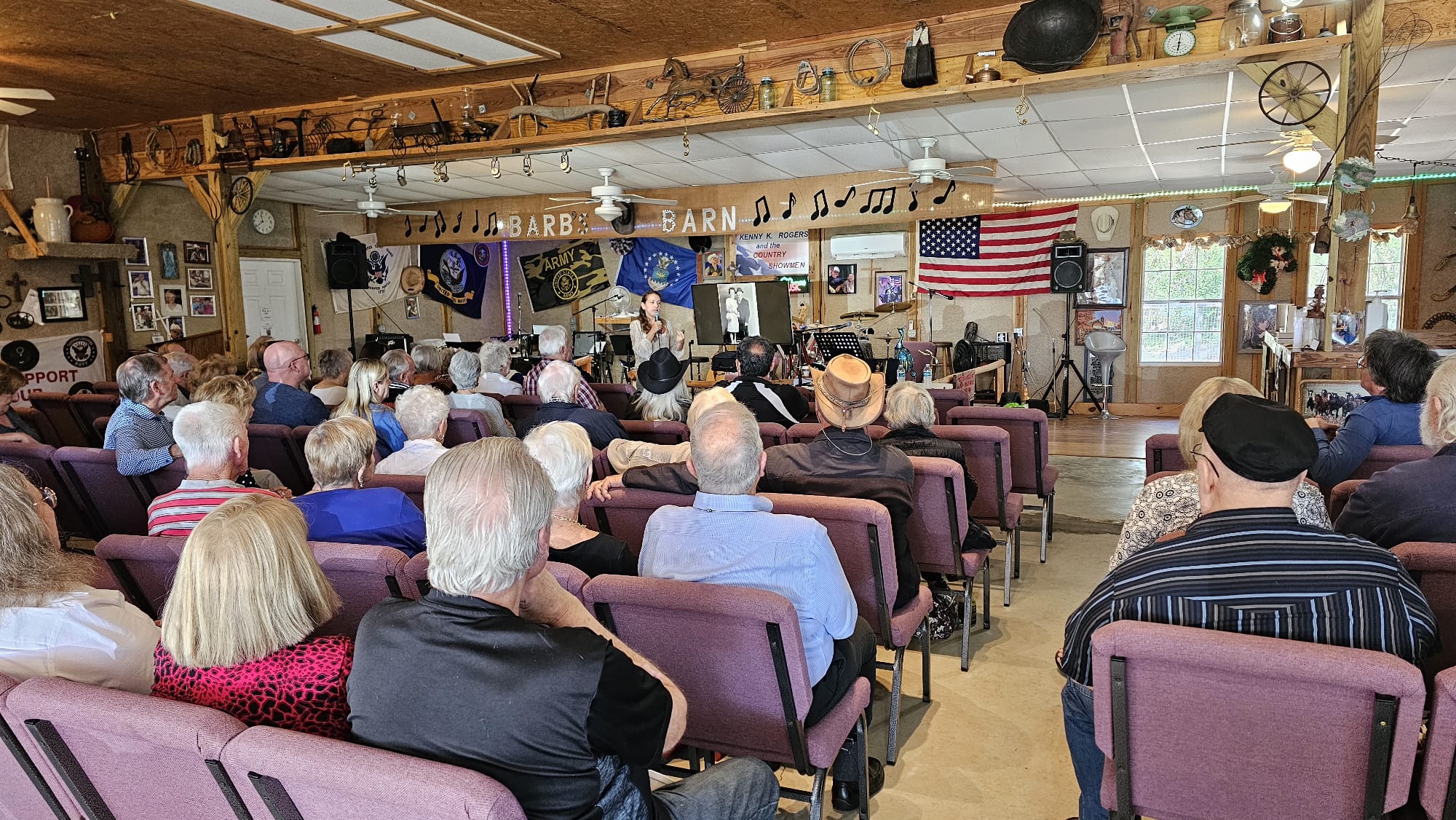


 Wings of Faith: Feeding the Body and Soul
Wings of Faith: Feeding the Body and Soul A Home by the Lake: The Kindness of Trish and Ed Farrell
A Home by the Lake: The Kindness of Trish and Ed Farrell
 Discovering Ocala’s Natural Beauty
Discovering Ocala’s Natural Beauty Later in life, Merry and her husband transitioned away from horse breeding and began raising llamas—a new chapter that continued their connection to the land and animals. Surprisingly, these llamas still serve an important role today: acting as guardians of the farm, protecting livestock from coyotes and other predators. It’s a practical and heartwarming example of how their love for animals evolved while still preserving the spirit of stewardship and care.
Later in life, Merry and her husband transitioned away from horse breeding and began raising llamas—a new chapter that continued their connection to the land and animals. Surprisingly, these llamas still serve an important role today: acting as guardians of the farm, protecting livestock from coyotes and other predators. It’s a practical and heartwarming example of how their love for animals evolved while still preserving the spirit of stewardship and care. A Sunset Walk Through Ocala Wetland Recharge Park
A Sunset Walk Through Ocala Wetland Recharge Park The park is home to an astonishing 170+ species of birds, and we were lucky enough to see Black-bellied Whistling Ducks, Great Blue Herons, and Red-winged Blackbirds. The peaceful setting made it easy to forget that we were just minutes from a bustling, growing city.
The park is home to an astonishing 170+ species of birds, and we were lucky enough to see Black-bellied Whistling Ducks, Great Blue Herons, and Red-winged Blackbirds. The peaceful setting made it easy to forget that we were just minutes from a bustling, growing city.
 A City Built on Kindness
A City Built on Kindness